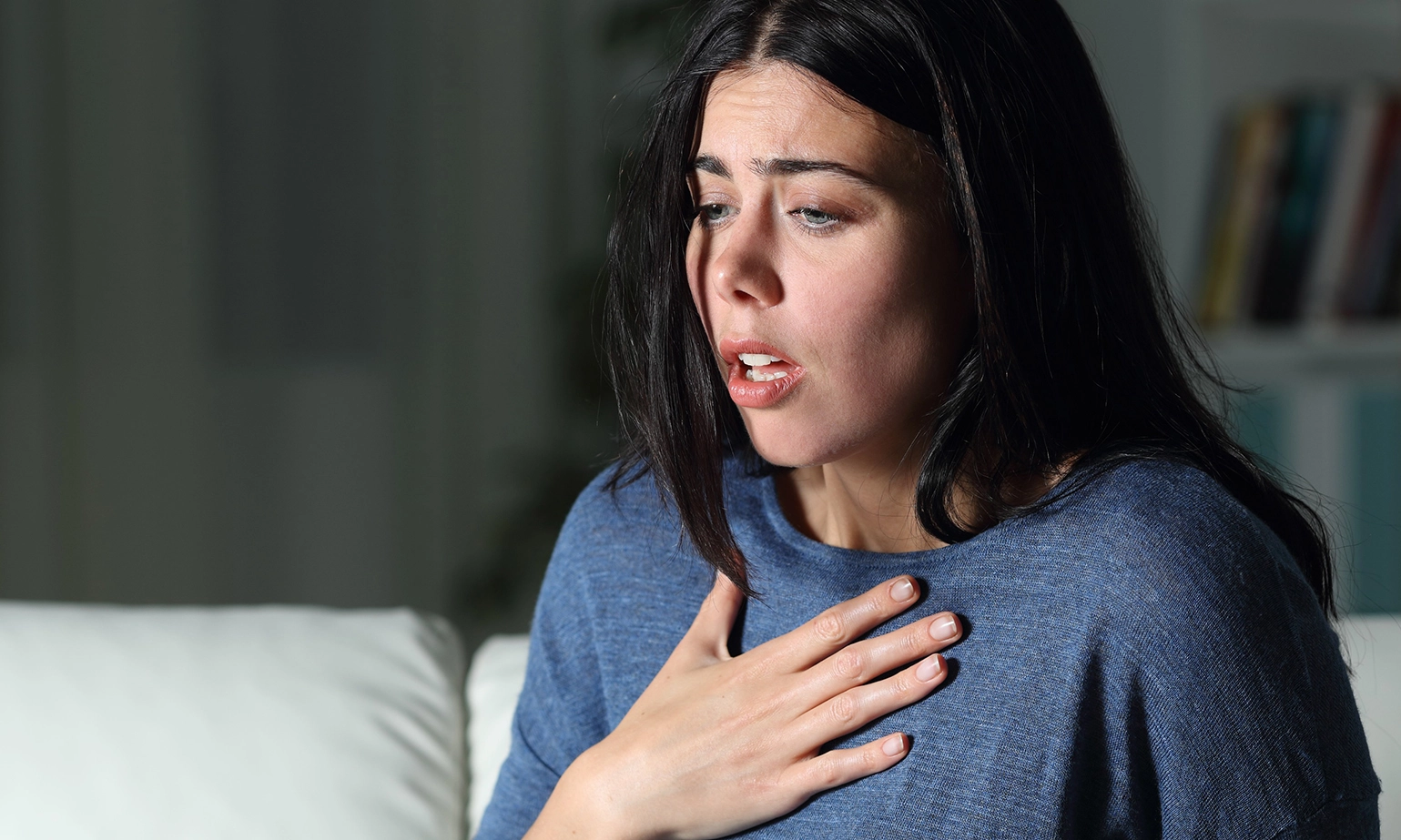
Common Anxiety Attack Symptoms That Can Help You Reach Your Doctor
Anxiety is a common problem that many people struggle with on a daily basis. While it can be frustrating and difficult to live with, there are ways to manage it and improve your quality of life. In this article, we will explore some of the most common anxiety attack symptoms and how you can identify and treat them.
What Causes Anxiety Attacks?
There are many different factors that contribute to anxiety, but one of the most common causes is stress. When we’re constantly under pressure, our body responds by producing adrenaline and cortisol. These hormones create an intense sense of fear, panic, and even nausea. Anxiety attacks can also be caused by a chemical imbalance in the brain, genetics, and previous traumatic experiences.
If you’re experiencing anxiety for the first time, it can be hard to know anxiety treatment online and what’s causing your symptoms. Here are some common anxiety attack symptoms that can help you reach your doctor:
- Fear or dread of certain situations or events
- Sweating (even in cold temperatures)
- Trembling
- Restlessness
- Numbness or tingling in the hands, feet, or face
- Difficulty breathing
- Rapid heart rate
If you think you may have an anxiety attack symptoms, seek out professional help as soon as possible. There are many treatments available that can help you manage your anxiety symptoms and live a healthier life.
What Are the Signs and Symptoms of an Anxiety Attack?
Anxiety attacks can be a terrifying experience for anyone, but for some people, they’re also a common occurrence. Here are some of the most common symptoms of anxiety attacks:
- Sweating
- A feeling of tightness or pressure in the chest
- Rapid heart rate
- Trembling
- Nausea or vomiting
- Feeling lightheaded or dizzy
- Feeling like you can’t breathe
- Shaking or trembling
- Fearful thoughts
How to Deal with Anxiety Attacks
If you’re feeling anxious on a regular basis, it’s important to seek out help. It may be hard to tell if you have an anxiety disorder, but many of the same symptoms that are common with anxiety can also be signs of an attack. If you’re experiencing one of these symptoms, here are some tips for preventing and managing anxiety attacks.
Recognizing the Signs
If you are experiencing anxiety, it can be hard to know the signs that indicate you need to reach out for help. However, by understanding the common symptoms of anxiety attacks, you can get a better idea of when something is wrong and take the necessary steps to get relief.
Anxiety attacks are typically accompanied by feelings of fear, dread, or panic. Other common symptoms may include: a feeling of being overwhelmed or out of control; racing heart; difficulty breathing or swallowing; sensations of tightness in the chest, throat, or stomach; numbness or tingling in the hands and feet.
If you are experiencing any of these symptoms, it is important to reach out for help. There are many resources available to people with anxiety, including mental health professionals and self-help books. If you find that your anxiety is preventing you from functioning normally or if your anxiety attacks are becoming more frequent and severe, it may be time to seek professional help.
Tips for Dealing with Anxiety
If you’re experiencing anxiety, there are a few things you can do to help make it more manageable. Here are some common anxiety attack symptoms that can help you reach your doctor:
- Make a list of your anxiety symptoms and what makes them worse. This will help you better understand what triggers your anxiety and help you find ways to counteract those factors.
- Seek professional help if your anxiety is causing significant problems in your life. A therapist can help you learn how to manage your anxiety in a more effective way and can provide support during times of stress.
- Exercise regularly –physical activity has been shown to improve mood and alleviate anxiety symptoms, especially in people who are prone to them. Exercising can also reduce feelings of stress and improve brain function.
- Set realistic goals for yourself –while it’s important to have goals that are challenging but attainable, it’s also important not to set yourself up for failure by setting impossible targets. Instead, set achievable goals that will still allow you to feel proud of yourself after completing them.
- Learn about alternative therapies for anxiety –there are many different treatments available for treating anxiety, including relaxation techniques.
Taking Steps to Overcome Anxiety
If you’re like most people, you may experience occasional anxious moments. But if anxiety is constantly controlling your life, it’s time to seek help. Here are some common anxiety attack symptoms that can help you reach your doctor:
- Feeling overwhelmed or out of control
- Heart palpitations or rapid breathing
- Sweating (especially in cold weather)
- Nausea or vomiting
- Sense of impending doom or feelings of dread
- Trouble concentrating or making decisions
Working With a Healthcare Professional
If you’re feeling anxious and are not sure what to do, reach out for help. There are many resources available to people with anxiety, including hospitals, mental health professionals, and online communities. Here are some things you can do to get started:
- Talk to your doctor. If you’re experiencing an anxiety attack, talk to your doctor about it. He or she can help you figure out the best course of action for managing your anxiety.
- Visit a mental health professional. Mental health professionals can help you deal with your anxiety and support your recovery.
- Participate in online communities. There are many online communities specifically designed for people with anxiety. These communities can provide you with support and information about how to manage your anxiety.
Conclusion
If you’re experiencing symptoms that you think might be indicative of an anxiety attack, it’s important to reach out for help. Not only can anxiety attacks be debilitating and leave you feeling severely unhappy, but they’re also a sign that something is wrong and requires professional attention. If you think you might have an anxiety attack, here are some of the most common symptoms to watch for:
- A feeling of being out of control or having a sense of impending doom
- Rapid heart rate
- Trembling or shaking
- Nausea or vomiting
- Shortness of breath





